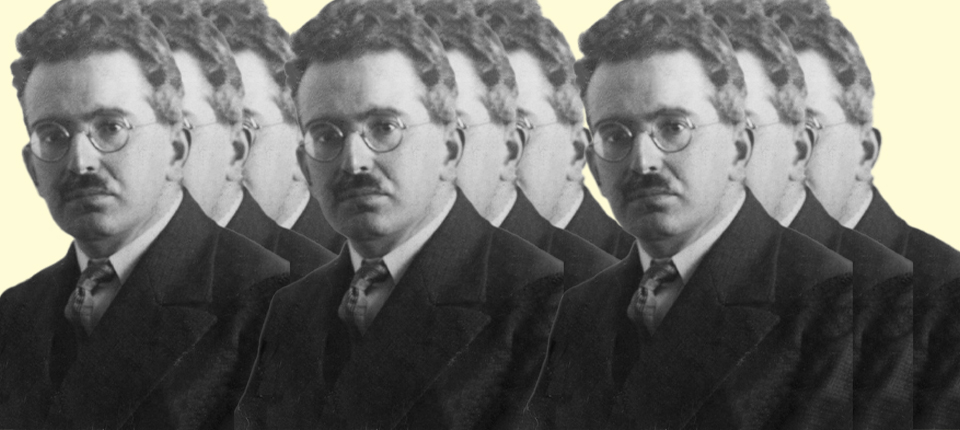Lit Hub Daily: July 15, 2024
THE BEST OF THE LITERARY INTERNET

TODAY: In 1892, German literary critic and writer Walter Benjamin is born.
- Jordan Kopy on what writers can learn from Nickelodeon’s horror classic, Are You Afraid of the Dark? | Lit Hub Craft
- “The lie detector was like any true story in America: the facts didn’t matter as long as a lot of people believed it.” Justin St. Germain considers what the polygraph reveals about our relationships to fact and fiction. | Lit Hub History
- James Bradley on how the migration of wildlife regulates the world: “This colossal movement of life…plays a vital role in maintaining life on our planet.” | Lit Hub Nature
- Read “Kiese Says, ‘Black People Deserve Beautiful Sentences,’ but a Fragment is the Best I Can Do / Songbook for the Names I Have Been Called,” a poem by Omotara James. | Lit Hub Poetry
- Elle Reeve on shame, neurodivergency, and the alt-right: “To be ‘too autistic’ to engage in some part of mainstream society could be either a badge of honor or a shameful confession.” | Lit Hub Politics
- “Collum punched the other knight in the face with the pommel of his sword gripped in his gauntleted fist, so hard the dark inlaid metal dimpled under his knuckles, but his opponent showed absolutely no sign of falling over or surrendering to him.” Read from Lev Grossman’s new novel, The Bright Sword. | Lit Hub Fiction
- “At a time of change and uncertainty, [the novel] functioned as an allegory for whatever scared or angered the reader.” Brian Raftery on Jaws at fifty. | The New York Times
- Literature professors are grappling with how to teach Alice Munro in the wake of the revelation that she stayed with her daughter’s abuser. | The Washington Post
- Phineas Rueckert on how Argentinian journalists and media workers fought far-right politics. | Jacobin
- Adam Wilson considers the relationship between reading Mary Robinson and being a sad person who smokes. | The Paris Review
- Who’s reinventing literary terror? The women writing body horror. | The Guardian
- Poet Madeleine Cravens on “creating a school for yourself.” | The Creative Independent
Article continues after advertisement



















